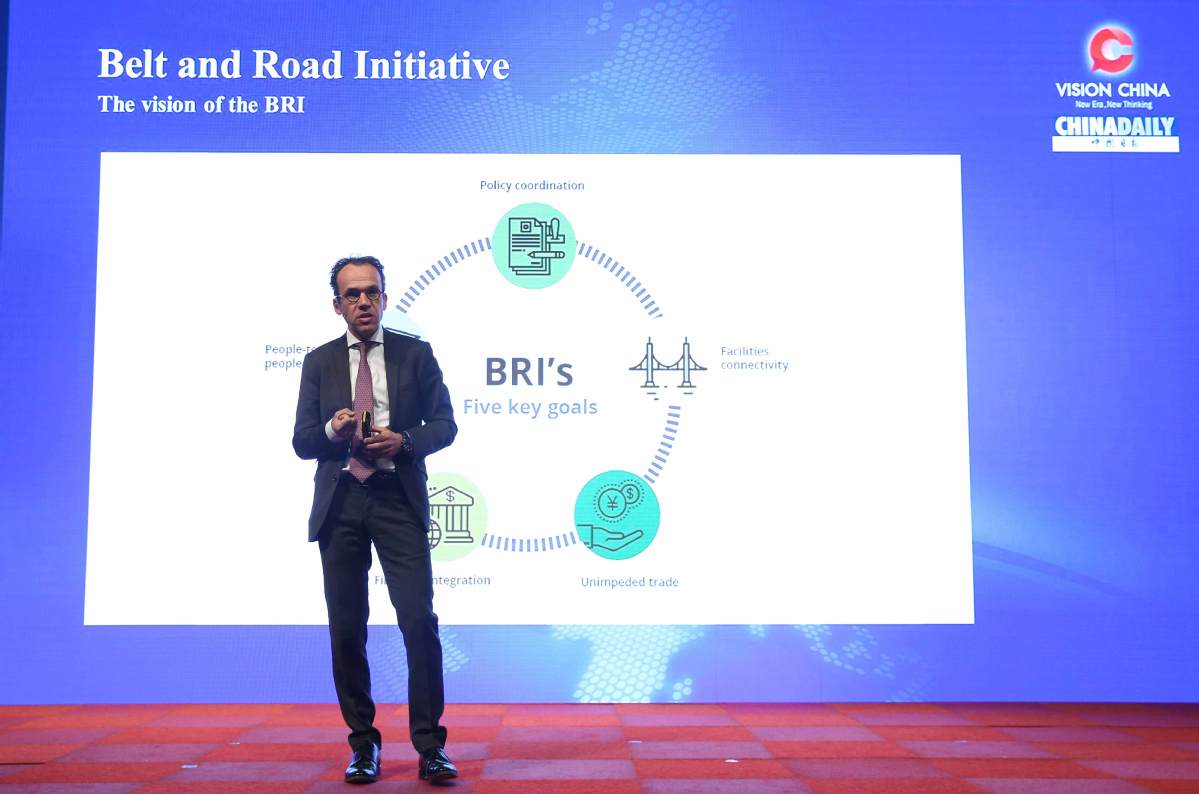
● China is not just transforming itself, but increasingly transforming the world.
China’s incredible transformation of its society in literally one generation is something we in Africa are unable to comprehend, unless you have seen it or taken part in it for yourself.
Imagine commuting to work every day at 350 kilometers per hour. Imagine commuting to work in Durban in an hour and a half. This is not science fiction. This is reality.
Through the deployment of capital, intellectual property and technical capacity, China has made commuting in Africa significantly easier.
In the late 1990s, there was zero correlation in growth trends between China and sub-Saharan African countries. But something very interesting happened at the turn of the century, and we started to see a correlation.
China’s growth story has underpinned Africa’s. China’s future growth trajectory also underpins ours. China’s trade with Africa was practically zero in the early 1990s. Nobody could have foreseen that in a very short phase of literally 15 years, China became Africa’s single largest trading partner by the year 2007. This is unprecedented.
● I believe the most strategic play for the BRICS is China’s engagement with the African continent, as well as Africa’s engagement with China.
China’s current foreign policy, and many policies in China, are grounded in China’s own history. Chinese traders and travelers started to explore the world since the 15th century. But shortly after these travels and visits of exploration, China entered a period of isolation under the Qing Dynasty (1644-1911). China resorted to protectionism at the time, willfully closing itself off to the outside world, which ultimately resulted in the failure of the Qing Dynasty.
These are very interesting parallels to today’s trends, such as a growing isolationist movement in the United States.
We are hosting the BRICS summit next week. We have diverging interests, but we are reconciling the interests of petro-rich states, such as Brazil and Russia, to the interests of oil importing states such as South Africa and India.
The engagement between China and Africa is truly a partnership with mutual benefits. Challenges include how to scale the collaboration and the alignment of interests at the global level in order to counter the negative trends of protectionism and de-globalization.
I am interested to see how the BRICS summit addresses these issues and what resolutions are put forward, and how emerging markets can increasingly begin to respond to the challenges and turbulence in today’s global political economy in a more coherent fashion.
